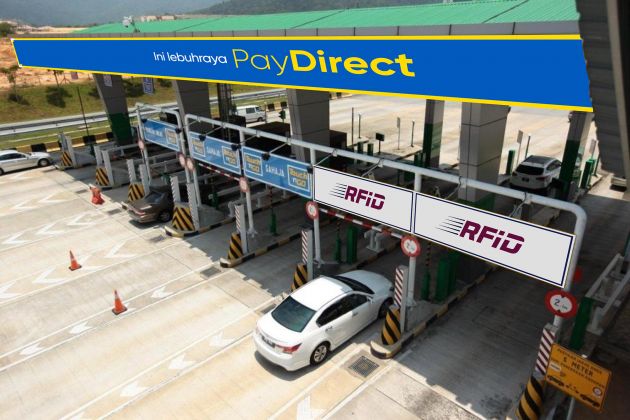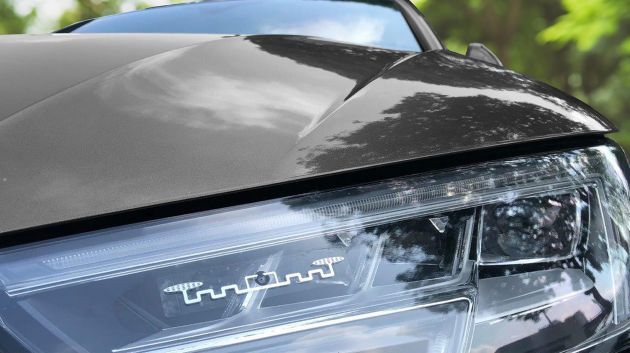The public pilot programme for the Touch n Go (TnG) radio-frequency identification (RFID) system is set to be extended. This is to allow flaws in the system to be resolved before the electronic toll collection system can be officially launched, Bernama reports.
According to Smart Tunnel deputy general manager Mohd Noor Ali, highway concession companies have been working with TNG to obtain feedback from users who have registered for the pilot project. He said that based on these, there were some technical issues that needed improvements, and these will be made during the trial period.
“They are the barcode detection levels from car stickers and the link with the eWallet application. In comparison to a physical card that automatically states the balance, the RFID needs to be used together with the application but sometimes we find that it ‘crashes’, so this needs to be resolved first,” he explained.
He added that the trial period for the RFID pilot project depended on reports and feedback from toll concessionaires and the public. “So far, the concessionaires have received feedback on the RFID where at times, the boom barriers fail to open, there is “slow detection” and overcharging,” he said.
The RFID tag utilises a radio frequency chip and an antenna contained in a sticker, and this is permanently attached to the vehicle. As the vehicle passes through the toll gate, an overhead scanner reads the radio-frequency from the RFID chip and deducts the toll fare from the user’s eWallet.
The RFID public pilot programme began last September, and as of April this year has a sizeable community of over 200,000 pilot testers across the Klang Valley, Johor and Penang. Currently, there are 167 RFID TNG lanes operating on 23 highways, involving 58 toll plazas. Read more about the TNG RFID here.
Related Cars for Sale on
Source: Read Full Article











